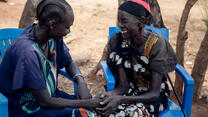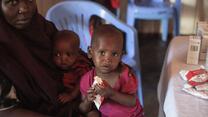This research report, jointly produced with Danish Refugee Council and Norwegian Refugee Council, looks into recent responses to refugee movements in Afghanistan, Somalia and Syria. While millions of refugees return to poverty, conflict and insecurity in all three settings, a tunnel focus on returns rather than on (re)integration has limited value for long-term planning. Stakeholders, including communities and returnees themselves, have been unprepared for what happens post-return.
Ten major lessons can be learned from the research to improve preparedness for returns, support immediate return movements and provide longer-term support to sustainable reintegration. Key recommendations for changing how (re)integration is managed today include to:
- Allow for phased, circular and staged returns and cross-border programming;
- Ensure affected communities participate meaningfully in the return and (re)integration process;
- Factor in reintegration in development planning – most notably, urban planning;
- Empower refugees and returnees socially and economically pre- and post-return;
- And monitor and learn from (re)integration outcomes.


